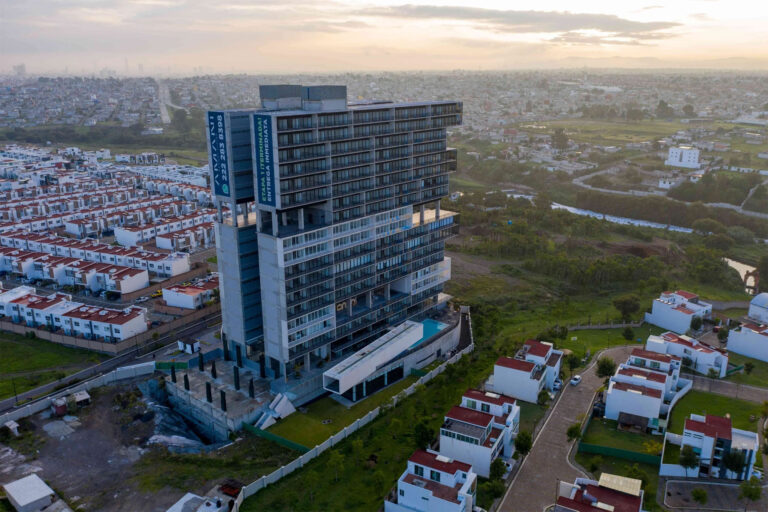People’s Mañanera July 3
Every day, President Claudia Sheinbaum gives a morning presidential press conference and Mexico Solidarity Media posts English language summaries, translated by Mexico Solidarity’s Pedro Gellert Frank. Previous press conference summaries are available here.
Boosting Pharmaceutical Self-Sufficiency
Minister of Economy Marcelo Ebrard explained that Mexico needs to increase its technological self-sufficiency, especially in the pharmaceutical sector. He emphasized that the industry represents one of the most promising sectors for growth in the country. He reported that Plan Mexico already has an investment portfolio exceeding US$290 billion.
David Kershenobich, Minister of Health, pointed out that investments from pharmaceutical companies in Mexico are part of the new policy to promote industrial growth and innovation in healthcare, driven by Plan Mexico.
Strategic Pharmaceutical Investments
The pharmaceutical company Kener announced an investment of US$5.18 billion pesos (US$277 million), which will create 800 direct jobs and 2,000 indirect jobs. This investment is aimed at expanding national manufacturing capacity with a plant for injectable medicines, a mixing center, integrated anesthesia services, and new healthcare registrations.
The pharmaceutical company GENBIO will invest 4 billion pesos (US$210 million) in the country, which will create 100 specialized jobs in biotechnology, engineering, and pharmaceutical processes. This investment will establish and operate the first plasma fractionation plant in Latin America, producing albumin, immunoglobulins, and coagulation factors, ending more than 20 years of dependency on imported products.
The Nelpharma Group will invest 800 million pesos (US$42.89 million), creating 110 direct jobs and 310 indirect jobs. The goal is to build infrastructure and develop biopharmaceuticals, biotechnology drugs, and vaccines.
Neolsym will invest 500 million pesos (US$29.81 million), generating 120 direct jobs and 400 indirect jobs. This investment will be earmarked for the development of infrastructure for the national production of active pharmaceutical ingredients, aimed at improving access to medicines and strengthening health security.
Health Sovereignty and National Production
The Minister of Health emphasized that the laboratories announcing investments seek to export their products, in addition to supplying the domestic market. He stressed that producing medicines in Mexico ensures faster and more effective access to treatments.
Kershenobich also reported that, for the first time, the flu vaccine used during this past winter season was produced in Mexico, allowing the entire population to be vaccinated on time.
Recovery of the National Pharmaceutical Industry
President Claudia Sheinbaum recalled that the participation of the pharmaceutical industry in Mexico declined starting in the Felipe Calderón administration, when the Healthcare Law was modified to remove the requirement for government suppliers to have production plants in the country. This led to growing dependency on imported medicines.
Clarification on Reforms and Rights
Sheinbaum reiterated that it is not true that the laws passed in the Mexican Congress grant the State the authority to monitor people outside of the constitutional framework. She clarified that, for a judge to issue a surveillance order, evidence must be included in an investigation file prepared by the state or Federal Attorney General’s Office. She noted that this issue has been politically exploited, regardless of the actual content of the legislation.
Sheinbaum Responds to U.S. Allegations Regarding Organized Crime
The President questioned Washington’s stance of labeling organized crime groups in Mexico as terrorist organizations. She noted that the Mexican government captured and extradited drug cartel kingpin Ovidio Guzmán in an operation in which soldiers lost their lives, as proof of its commitment to combating crime.
She emphasized that Mexico does not defend any suspect, fights organized crime, and called on U.S. authorities to improve coordination and information exchange with the Federal Attorney General’s Office.
-
Our Water, In Whose Hands?
A promising vision from President Sheinbaum for public water management rapidly disappeared. Yet again the Mexican state openly assumes the role it has always played under neoliberalism: facilitating access to natural resources for special interests.
-
Plot of Complicity
Mexico’s consumer protection agency has not sanctioned a real estate company since 2020 & the consequences in Puebla, where real estate fraud runs rampant, are obvious and dire.
-
Trump’s Pressure on Mexico & The Drugs Pretext
Agencies like the CIA are ready to “accompany” Mexican operations, but does Trump really want to combat drug trafficking, or is his intention to manage & manipulate Mexico?




